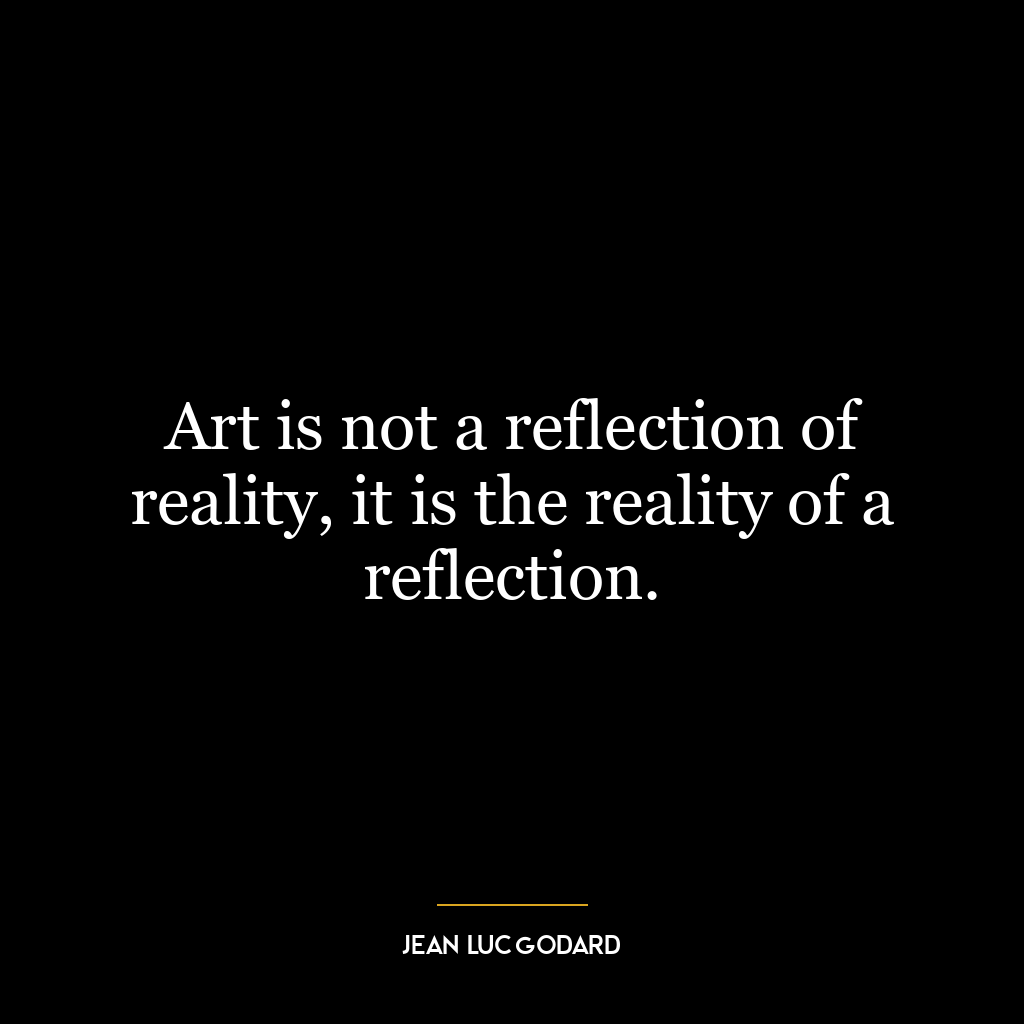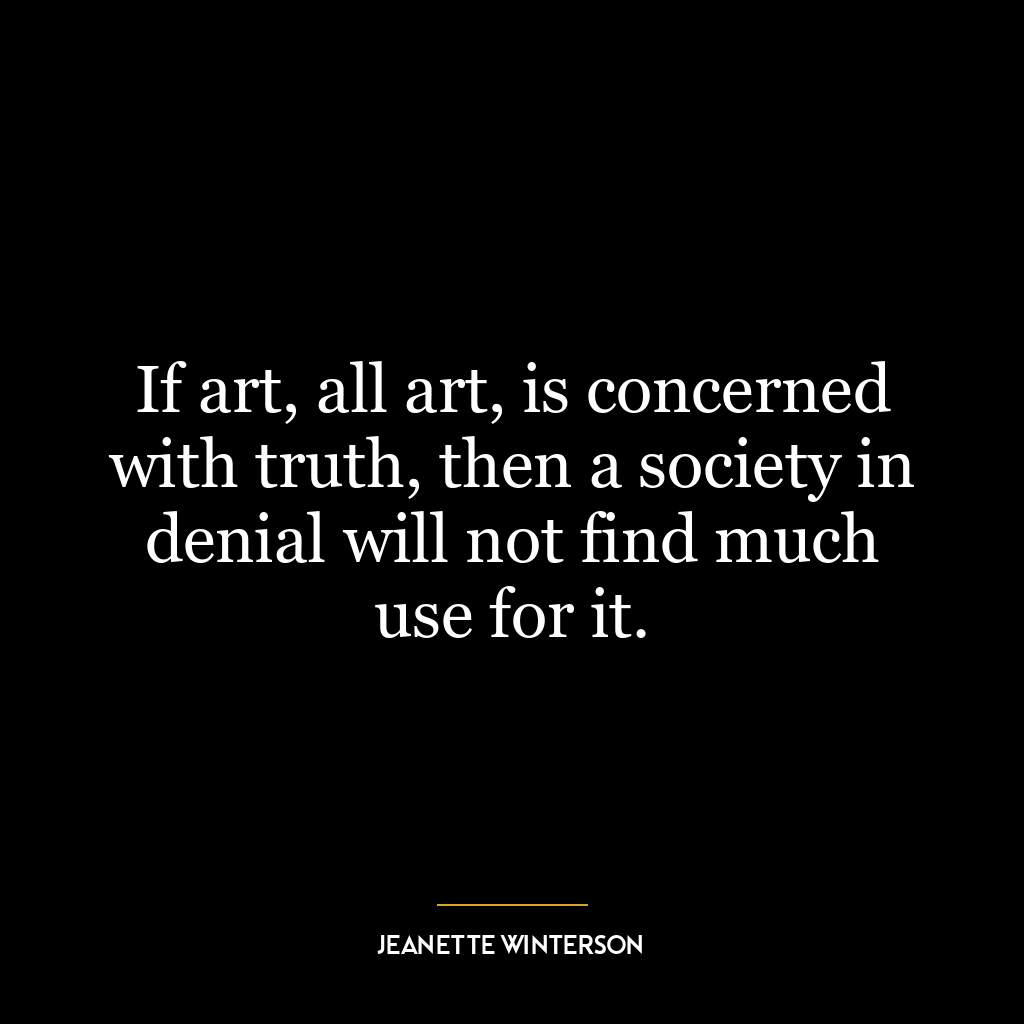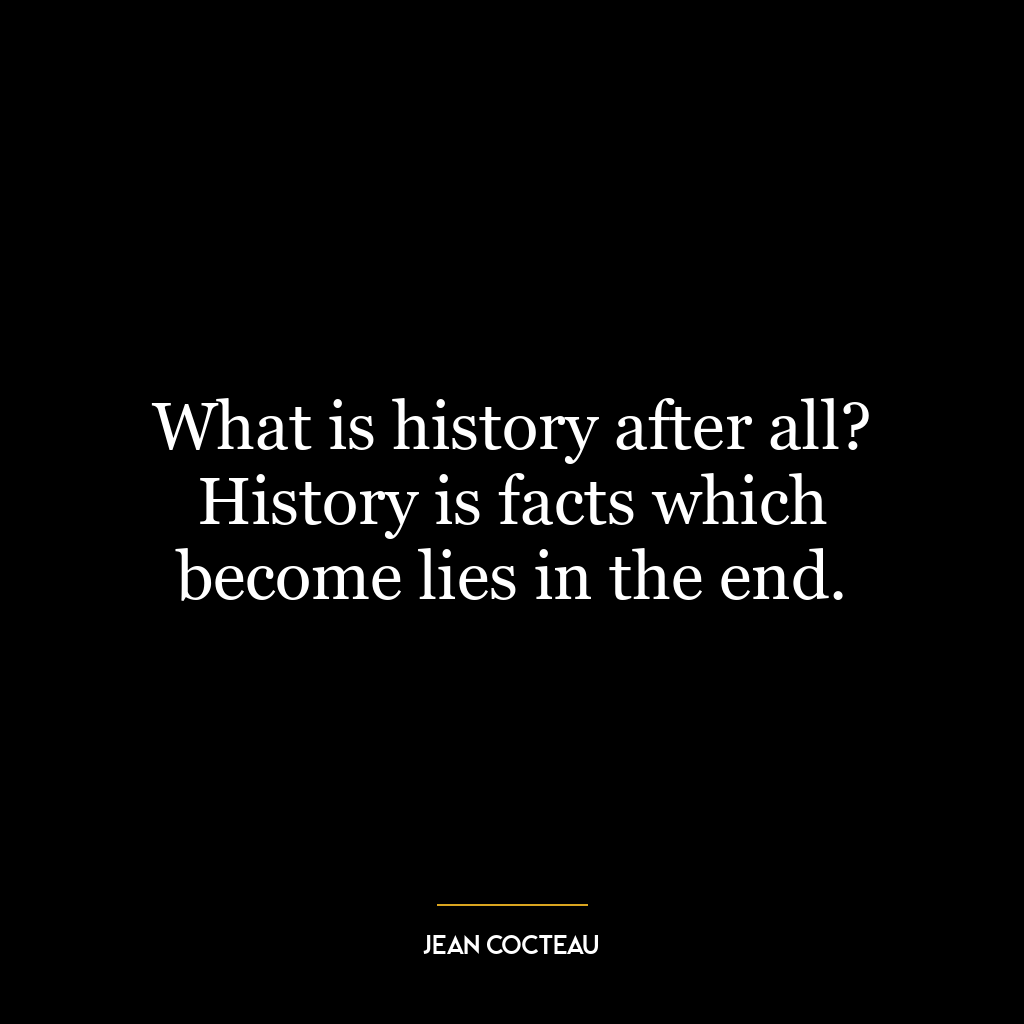The quote “The truth is we are all caught in a great economic system which is heartless” by Woodrow Wilson is a reflection on the nature of the economic systems that govern our societies. It suggests that the system is indifferent to the individual’s needs, desires, or hardships, operating on principles that often prioritize profit and growth over human welfare.
The term “heartless” is used metaphorically to highlight the system’s lack of empathy or consideration for the struggles and challenges faced by individuals. It implies that the economic system is largely devoid of compassion, often leaving people feeling trapped, helpless, and at the mercy of forces beyond their control.
In today’s world, this quote is still relevant. The ongoing economic disparities, wealth gaps, and the struggle of the middle and lower classes to achieve economic stability are examples of the ‘heartless’ economic system. The system often seems to favor the rich, widening the gap between the wealthy and the poor.
In the context of personal development, this quote might serve as a reminder of the challenges that one might face in the pursuit of economic stability or success. It suggests that individuals need to be resilient, resourceful, and proactive in navigating an economic system that may not always be supportive or fair. It may also inspire individuals to advocate for economic reforms that prioritize human welfare, promoting a more compassionate and equitable economic system.
Moreover, it could be interpreted as a call to not let the economic system dictate one’s happiness or self-worth. Despite the system’s seeming indifference, individuals can still find fulfillment and purpose outside the confines of economic success, such as through relationships, personal growth, or contributing to their communities.















